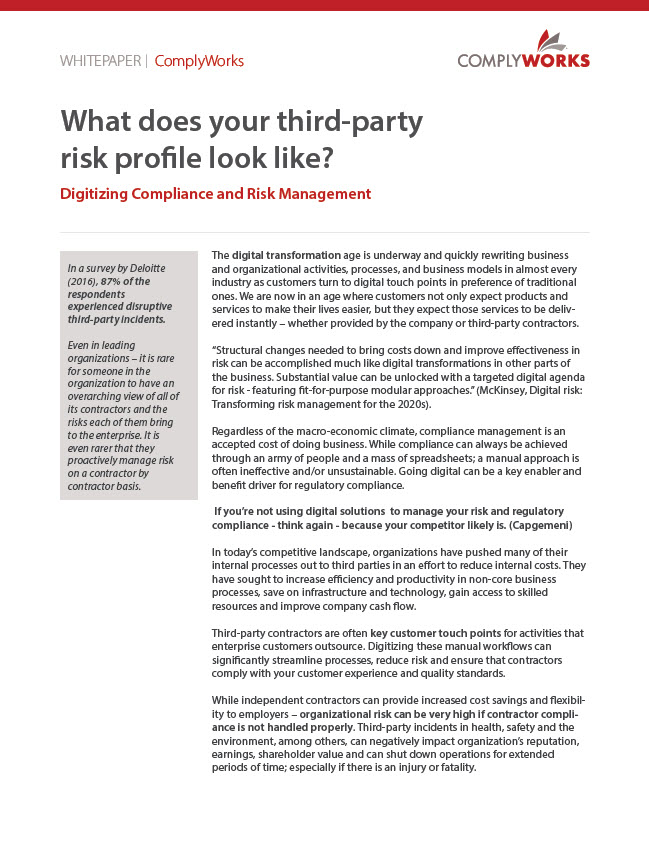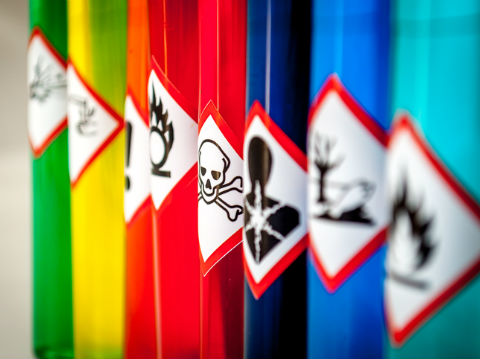
As a commercial property manager, you deal with a variety of issues on the day-to-day—mechanical fixes, building maintenance, unexpected tenant mishaps. With so many potentially unsafe workplace scenarios, how can you manage to keep yourself, employees and tenants safe? Here are a few helpful tips for property owners and managers to mitigate workplace risks and keep operations flowing smoothly.
Recognizing hazards
It’s the responsibility of both the employer and employee to identify and report potential workplace hazards. Whether you own, manage or maintain the property, ensuring your colleagues are aware of potential safety issues is your duty. Begin by developing a standard procedure for reporting health and safety risks and designate a team to follow through with controlling or correcting those risks before they escalate into incidents.Knowing what to do when a risk becomes an incident
As a property manager, you aren’t likely to be personally equipped to handle disaster situations on your own—so, staying safe in the workplace begins with recognizing how to handle an emergency, including who to call. If a fire breaks out, don’t rush to smother it yourself and if the fire department is required, call them. Do not attempt to resolve a dangerous situation without contacting the experts.During incidents that may not require attention from the authorities, such as a burst pipe or building power outage, ensure you maintain an up-to-date list of prequalified and preferred contractors that can jump to the rescue. In the midst of a crisis scenario, you won’t have time to ensure the third-party experts have all the proper certifications they require to get the job done compliantly. So, managing contractor compliance data and updating your preferred vendor list regularly is a must.
Learning from incidents and emergencies
The best way to prevent an incident from reoccurring is to take the learnings and apply corrective action. Begin by promoting hazard awareness, investing in effective training and committing to the ongoing monitoring of risks. Furthermore, develop an annual review process that investigates how risks evolve over time and how they can be better managed.Managing operational risk is a key component of any property manager’s daily duties. But there’s a whole other category of risk that property managers need to mitigate: third-party risk. Learn more by downloading our white paper on contractor management and risk mitigation.






